If you went to your KDP account this morning to (obsessively) check your stats, you might have seen this:
After a bit of confusion whether or not self-publishers would be part of the Kindle Lending library, they now can be. However, this isn’t a perfect deal for self-publishers for this reason:
When you choose KDP Select for a book, you’re committing to make the digital format of that book available exclusively through KDP. During the period of exclusivity, you cannot distribute your book digitally anywhere else, including on your website, blogs, etc. However, you can continue to distribute your book in physical format, or in any format other than digital.
On the heels of Amazon paying brick and mortar customers to not shop anywhere but Amazon, this has the whiff of Amazon trying to corner the entire ebook market. At the same time, it’s only for 90 days, not permanent inclusion. Keep in mind that enrollment will renew unless you opt out. Amazon is banking on authors making Amazon their single source ebook distributor, given that the bulk of sales for most people is on the Kindle.
A major advantage of the program is not necessarily the library lending process – because it’s not entirely clear how successful this will be for all writers – but it gives authors the flexibility to make their books free for 5 days. Currently, the free process is fairly open ended and hard to control. My novel just went free this week. I’m not sure why exactly because it’s not free anywhere else – so Amazon isn’t price-matching another retailer. Being able to have full control over this process is attractive.
As Writer Beware points out, the terms and conditions have some problematic language (bold added):
During this period of exclusivity, you cannot sell or distribute, or give anyone else the right to sell or distribute, your Digital Book (or content that is reasonably likely to compete commercially with your Digital Book, diminish its value, or be confused with it), in digital format in any territory where you have rights.
Couldn’t another book by the same author be considered competition? You might think Amazon wouldn’t do that – but this is Amazon. For all the good they do for authors, they’re also trying to monopolize the ebook industry, so it is not out of the question that they might consider your other Smashwords-distributed book in competiton with the book on KDP Select. So just choosing to enable KDP Select for this book but not another does not necessarily offer protection.
Given that there have been pricing problems in the past with books being made free by accident, one could see there being a glitch where books were considered to be in competition, leading to lost revenue. If you break the terms: “we will not owe you Royalties for that Digital Book earned through the Kindle Owners’ Lending Library Program.”
In short, it’s an interesting program, and a good thing that Amazon is opening it up for all authors, but authors should also tread carefully.
Get an Editorial Review | Get Amazon Sales & Reviews | Get Edited | Get Beta Readers | Enter the SPR Book Awards | Other Marketing Services



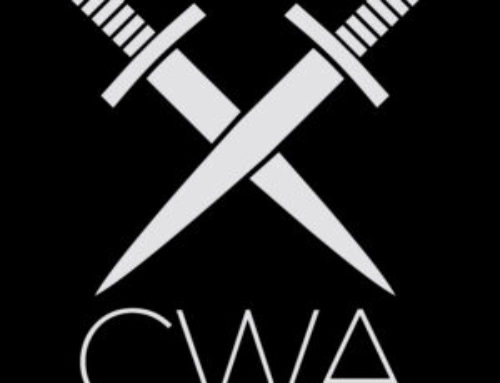
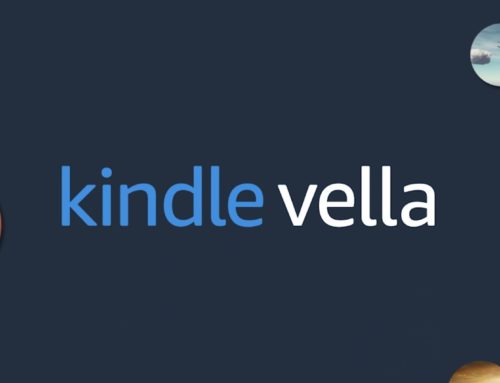
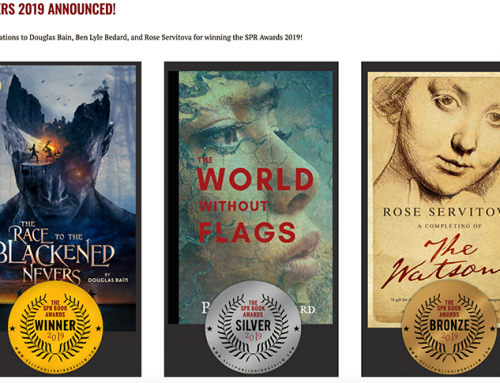
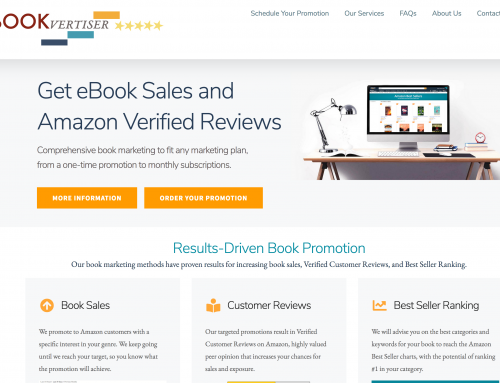
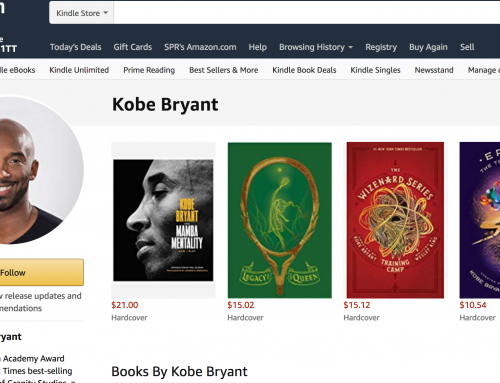
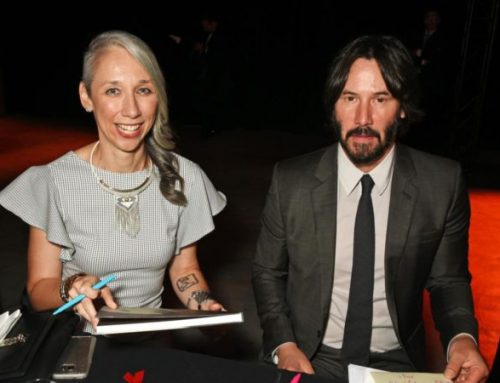
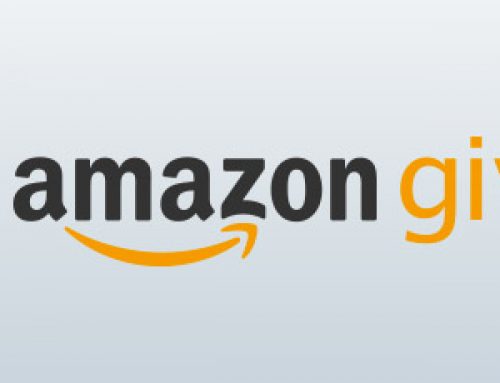
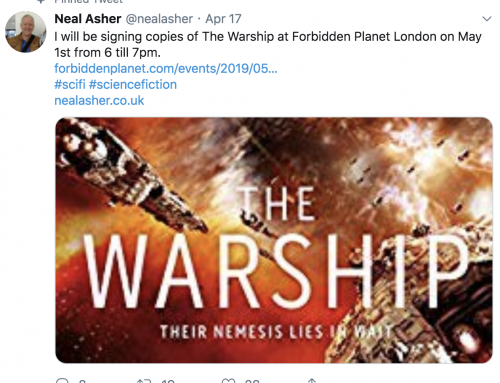
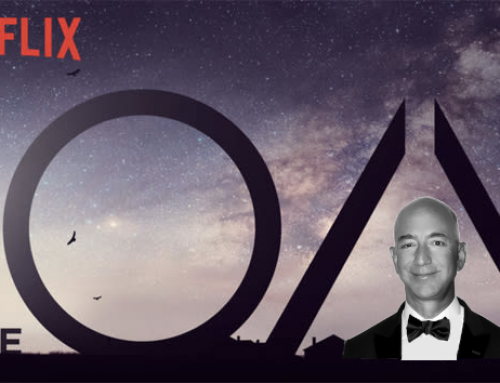
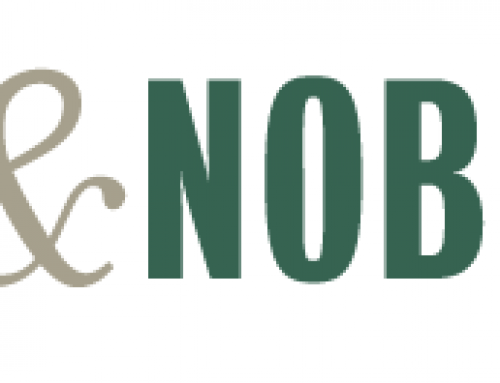
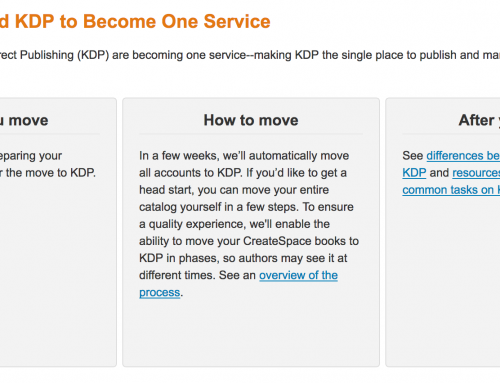

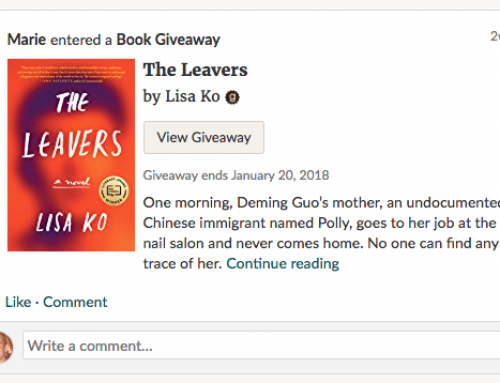
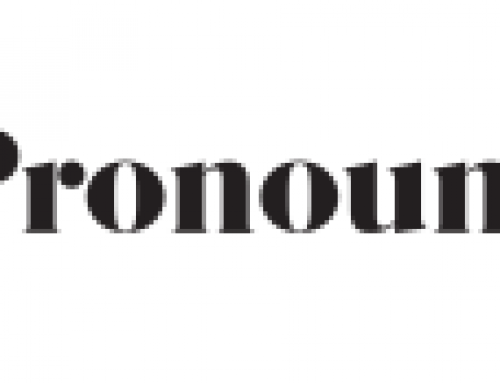
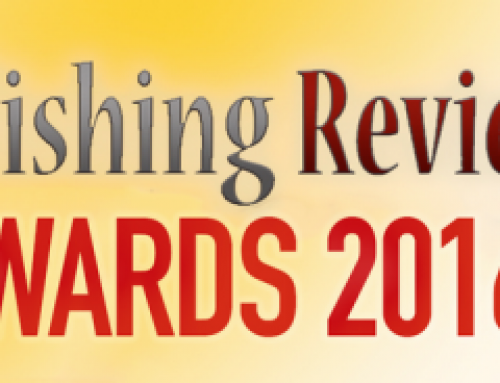
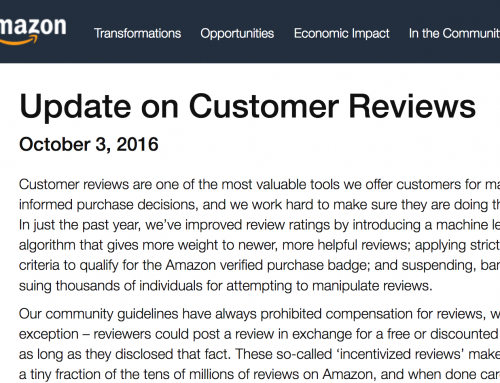
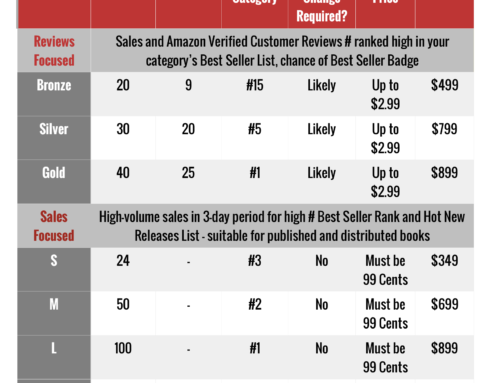
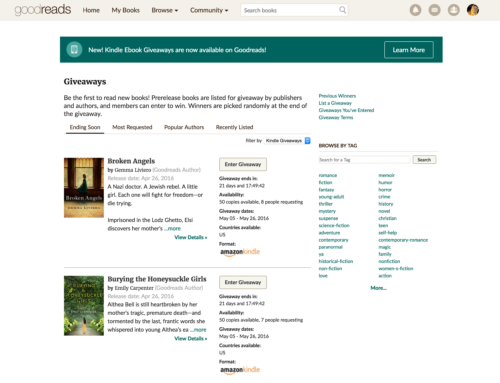
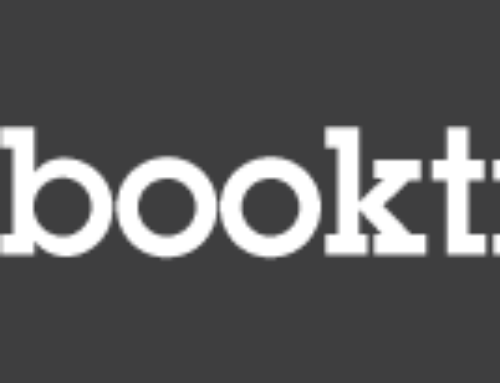

As usual, Amazon is hedging its bets on the backs of others as it leaps into another brave new world. There’s no real way to market test the lending library, so why not ask authors and publishers to foot the bill (by abandoning competing revenue sources) in order to fund a trial-by-rollout.
It’s a a lot to ask, and a pretty cynical appeal to the greed reflex, but I’ll bet we learn a lot–some good, some bad–before it gets wherever it’s going (including, possibly, abandonment).
FWIW, my response is “Show me.” I ain’t moving on fifty titles quite so early.
I was just reading about this courtesy of a link from a friend. In my opinion a fledgling writer without much in the way of content, such as myself, may find this a convenient method to get some exposure. I only have one book out at the moment and can see how participating for the first 90 days may benefit me greatly. As always, there is a certain amount of risk to any venture. One would simply have to ensure that the rewards outweigh the risks.
I received an email message today from Amazon for both of my KDP-published books asking me to enroll them in the KDP Select Program. Although I notice some alarm like Eric Hammel’s being raised elsewhere on the Internet about the KDP Select program, I’m tempted, like Patrick Moses, to enroll my books in it.
As I understand the program, the reader pays nothing extra to borrow a book; the author nevertheless gets paid. The author also has the option to promote the book “for FREE for up to 5 days every 90 days.” I can’t see why I should fail to exercise an option to do that.
The only problem with this is the exclusivity requirement. Smashwords surely won’t go broke without my titles, but the people there have been very good to me, and they get the books out to all those other online vendors. If independent authors go for the KDP Select program, are we letting Amazon, and Amazon alone, determine our fate?
I’d like to know what other independent authors think about this. Is tying ourselves to Amazon our future? If Amazon doesn’t impose a gatekeeper on us, should we care?
Eric, I don’t mean this comment as a retort to yours. I’m sure you don’t need KDP Select. For some of us, though, it seems to be an opportunity we shouldn’t dismiss without a great deal of thought.
To me the free option is the only reason to do this. As for the library – it’s important to remember that prime members can only download one book a month. What are the odds that a Prime member will choose a self-published title? It’s very likely that members will choose well-known books.
To risk not being able to sell your book to the greatest number of possible buyers doesn’t really seem worth it.
Henry, I see your point, and it’s a good one. My only question is this: are most of the “well-known books” — those traditionally published — in the Amazon library? If they are, then I agree: “what are the odds”? If they aren’t, is Amazon, through its KDP Select program, using independent authors as foot soldiers in its war with the traditional publishers? If that’s what Amazon is doing, shouldn’t I sign up?
The lending library’s collection of “well-known” books isn’t that overwhelming. It’s similar to Amazon Prime’s collection of streaming movies: nothing brand new that was exceptionally good; nothing old or classic that’s memorable, and a lot of stuff that came out a year ago that you never heard about that will hold your attention for five minutes before you say “oh, this is why I didn’t hear about this”.
I think Amazon is well aware that the traditional publishers are feeding their flops to Select. And that’s why Amazon is making this splendid offer available to stinky indies: to save the fricking program with volume.
Henry, I am new to the self-publishing world, and I’m gaining valuable insight through this discussion. For example, the surface rebuttal to your criticism of Select is that you still can sell your book on Kindle, if no one wants to borrow it. The cost of going Select, then, is what you lose when you can’t publish anywhere else.
Given amazon’s 85% market share, the 15% seems small. My realization: the cost is not just losing the royalties you would get by selling to Nook users; you also give up the word-of-mouth advertising that flows from Nook users to Kindle users.
In other words, you don’t go to every nook and cranny of the self-publishing world just to increase your revenue a tiny percentage; you go there to let everyone know your good book exists! In other words, Nook users drive Kindle users to Amazon.
My conclusion: Select will depress your sales, not JUST because you’ll be lending it for free.
Am I making sense?
That’s exactly my thought. Having your book other places increases visibility. Even if people don’t buy it, they see it. And some do buy it Nook only, maybe as many as you’d get in the library. I want them to – I want there to be other devices and not have the Kindle claim all the share, even if I profit off it in the short term. In the long term, it’s better for self-publishers if there are a whole bunch of devices doing as well as the Kindle. Availability of titles will help that along.
I still can’t tell you how it translates into sales on Amazon, B&N, etc., but I am getting a ton of reads for each of my books on Scribd. Virtually no sales there, either, but I think there’s simply resistance to reading a book on a computer screen rather than a more comfortable reader or tablet.
I’ve done the math on selling one book vs. having my book “borrowed” one time, and the result is roughly the same. I make $5.00 either way. That calculation is based (in December) on a pot of $500,000 and a predicted total borrowings of 100,000. Financially, the decision is easy. Since the probability of someone borrowing one book for free is higher than someone buying one book, I should go straight to the Select program, but… I’ll have to count on no more than 100,000 borrowings. Can I trust that figure? Furthermore, wouldn’t the payment calculation encourage me to flood the library with thin books? That is to say, doesn’t the size and quality of my book matter in this payment method? For this reason alone I am skeptical of this new idea.
Dane, thank you for your doing-the-math twist on this matter. I have to say, at this point, I’m totally torn between saying yes or no to KDP Select.
Ron, we should be torn, because we may well be helping to build a monopoly that will be a bad idea in the long run.
Right now, we can ask this question: will lending our book out decrease, increase, or leave unaffected the sales of our book? Short answer is, if we’re selling a reference book, or a how-to book, or something like a text-book, lending should increase sales. (They sampled, and decided to get the book.) That would be good. An airport novel? Could decrease sales, but at 100,000 borrowing with a 500,000 pot, we should have the same revenue.
Thanks for the meeting place where we can think these things through.
Dane, I think you’re right. A monopoly, in the long run, couldn’t help us. Your other, more mathematical points seem well-taken. (You should thank Henry Baum for this meeting place. How he brings it off, I don’t know.)
There’s a marked propensity on SPR to view large entities like publishers and Amazon as the enemy. They just do what they do to make a buck, and they use us to help them do that. But we use them too. If traditional publishing was still a viable model unhampered by technology that allows us to self-publish, we’d pretty much be kissing asses to get through the front door. I found a way to use big publishing on a selective basis by using self-publishing on a selective basis. Now, unless a big publisher is willing to pay me a ton in advance, I’m out of the game. But I started earlier than probably anyone here, I wrote a damn lot of books, and I learned all the parts of running a publishing company scaled to both my needs and to what one guy can do alone and still have a life.
Anyway, stop treating the big guys as if they’re enemies. Use them. Figure out what drives their schemes and adapt a response; use them to your own ends. They’re big, they’re slow, they sacrifice too much time to groupthink meetings and chasing their own asses. They don’t mean to help you, but their greed, panic, ineptitude, and maladroit behavior provide you with no end of opportunities.
Believe me, there’s an opportunity buried in Amazon’s latest Rube Goldberg offering. But it might be in =not= participating. All the math I’ve seen here supposes no more than 100,000 loans per month–because that’s what Amazon says it “might” be. Now, how can anyone depend on that at this early date?
Eric, I greatly enjoyed reading your comment. “Use them,” is the best advice I’ve heard yet. “They’re big, they’re slow” is priceless.
I won’t be participating. I would LOVE a real “Netflix-for-books”, and I’d be happy to have my books included, but I won’t support Amazon’s efforts to remove my independence and lock other vendors out of the ebook market without actually paying me for that exclusivity. I’ve written them to tell them so.
Also, Henry’s guess that most book borrowers will go for a big-name titles for their one book a month is a good one. Heck, if I were choosing one book from all available books, I wouldn’t choose mine 🙂
FWIW, I signed up yesterday. I am a major newbie in all this, having released my first ebook on Thanksgiving. I have been selling 6-9 books per weekday on average (which blows me away). Yesterday I signed up for the new program and de-published on Nook. I had my usual 8 book sales and 2 borrows. Same pattern is holding up today.
Very small numbers, I realize, but at least it’s some data. Also, my price is $2.99. I don’t expect a lot of users to “waste” their once-a-month borrow on a cheapie like my book.
“During the period of exclusivity, you cannot distribute your book digitally anywhere else, including on your website, blogs, etc.”
Does this mean that I cannot send free copies to blogs for reviews? This is crazy. Wouldn’t reviews increase interest in the book and, therefore, the amount of lending?
Also how is the compliance going to be checked? Will they use a program (a robot)? What if it finds a promo of my book on the web with samples pages, but with the same name. Will it then be confused and declare me automatically in “non-compliance” with the program?
Finally, the non-competition clause is troubling. What do they exactly mean by that? I agree this is confusing.
I’m not a lawyer, but I would not consider emailing a copy of your book to a reviewer to be distribution.
As far as compliance is concerned, I’m sure it will be enforced in a similar fashion as the price matching situation: pseudo-randomly, with little rhyme or reason, and with a completely obfuscated appeal process.
The non-compliance clause is troubling. When the “kindle revolution” started, I often said “the other shoe will drop”. I’ve worked in and with enough tech corporations to know that at some point, Amazon would do something to shut the door on competitors, and this is the first step.
I would not doubt it at all if Amazon does something like, say, after destroying the competition, start charging authors an outrageous fee to add books to KDF, and distract people by throwing a few bucks at a contest or adding some other minor feature that will make people more than happy to pay the fee.
People at large, publicly-held corporations do not sit around board rooms thinking of ways to increase business to competitors or lower share price. It’s similar to the crap banks have been pulling. The bank I’ve had up until recently when I closed all of my accounts started pushing paperless billing, saying “it’s green! think of the children!”, which was nothing more than a way of them saving money on postage and printing. For this convenience, they started raising fees. Oh, but now they have an iPhone app! I’m not saying Amazon is not as evil as the banking industry, but they aren’t UNICEF, either.
Ah, Jon, a cynic after my own heart. And with good reason.
Cynics are not born that way, they are made.
All this chicanery and jockeying is happening during an astoundng growth phase, while the ceiling is still blue and seems unlimited. Try to imagine what it will look like when the ereader market is saturated and it all becomes a zero sum game.
Exactly. Every giant company is giant because they have one thing in mind and that’s profit and crushing the competition. Google, Apple, Walmart… Amazon.
You can either decide to play ball with those companies or not. Neither is wrong. But stop for a second and think which one is the more sound business decision? When you play with the one that can give you more $$$ and business, or not play with them because you don’t like that they’re so big/strong.
I second Jon Konrath’s comment: “I would not doubt it at all if Amazon does something like, say, after destroying the competition, start charging authors an outrageous fee to add books to KDF, and distract people by throwing a few bucks at a contest or adding some other minor feature that will make people more than happy to pay the fee.” and the last paragraph of Eric’s message above. I’m going to sit on my hands on this one for awhile….may consider dropping my price to 99 cents for a single day, but that’s as far as I’d go. I believe that intellectual property has a value.
The antidote to an Amazon monopoly and monopoly behavior is OUR support of other ebook venues, such as B&N and even Scribd. We must see to it that our titles are available anywhere ebooks are sold. As long as =readers= have choices, we’ll have choices.
At least from the perspective of an onorous exclusivity demand, I beleve we should (a) stand together and boycott Select and (b) make a big deal about doing so on blogs and other sites that ebook readers visit. In this case, looking long term, reader interests coincide with author/publisher interests.
And remember this: Amazon always backs down when enough of a stink is made.
Eric, there are many writers who have their books in several places and many say that Amazon accounts for 90-95% of their profits. They reason that they lose little if they drop that 5-10% for more exposure. There are other writers with books on Amazon that are not selling. These writers wish to have more exposure. They reason that if they sing up for the program they have nothing to lose. What do you say to these writers?
That is an insanely short-sighted and greed-driven outlook. I’m making about 75 percent of my monthly ebook income from Amazon, but that does not blind me to the fact that a commercial war is either simmering or has already turned hot.
There are immense market forces at work here, and immense companies are involved. Google has an ebook program that is laughable in its ineptitude and abject in its failure to produce income. But it’s Google. All it waits on is a kid billionaire to decide to clean Amazon’s clock. Ditto Apple, which hasn’t committed to really mounting a bookselling campaign for its many products that can be used as readers. Sony is faltering, but Kobo is getting ready to make a serious bid in the smartphones-as-book-readers realm. And who knows, the big publishers might very well get into the game with a device of their own, then shut out Amazon, et al, just for being pains in the ass.
This ride we’re on isn’t so much nearing an end as not even really beginning yet. From the viewpoint of a marketing pro, which I used to be, the basic concept of ebooks hasn’t really proven out yet because no single delivery system has been selected by (or shoved down the throats of) the reading public.
Collectively–if we are even able to form a collective–indies actually hold the balance of power, especially now that pros are beginning to go indie. We actually have the numbers to claim a seat at the table. But we’re just a bunch of aimless dopes if we can’t achieve some sort of consensus, then act on it.
I said it about traditional publishers, and I’ll say it about the big ebook sellers, They’re big, they’re slow, they sacrifice too much time to groupthink meetings and chasing their own asses. They don’t mean to help you, but their greed, panic, ineptitude, and maladroit behavior provide you with no end of opportunities.
I agree with Eric. The entire economy fell apart because people were looking at their own short-term profit without factoring in long-term consequences. Same thing is happening here. It’s hard to argue with people if they’re making money, but it is in authors’ best interests for the ebook industry to be healthy overall – for the Nook, Kobo and others to all become more competitive. If everybody ditches those outlets, that won’t happen, and then Amazon is free to dictate whatever terms it wants.
If I’ve learned anything in my life, it’s to listen carefully to those people who have much more knowledge in an area than I do. When it comes to independent publishing, a number of those persons whose comments appear above are such people. For whatever it’s worth, I’ve heard you. While I understand why independent authors might be tempted to go the other way, I’m leaving my books with Smashwords and opting not to enroll them in KDP Select.